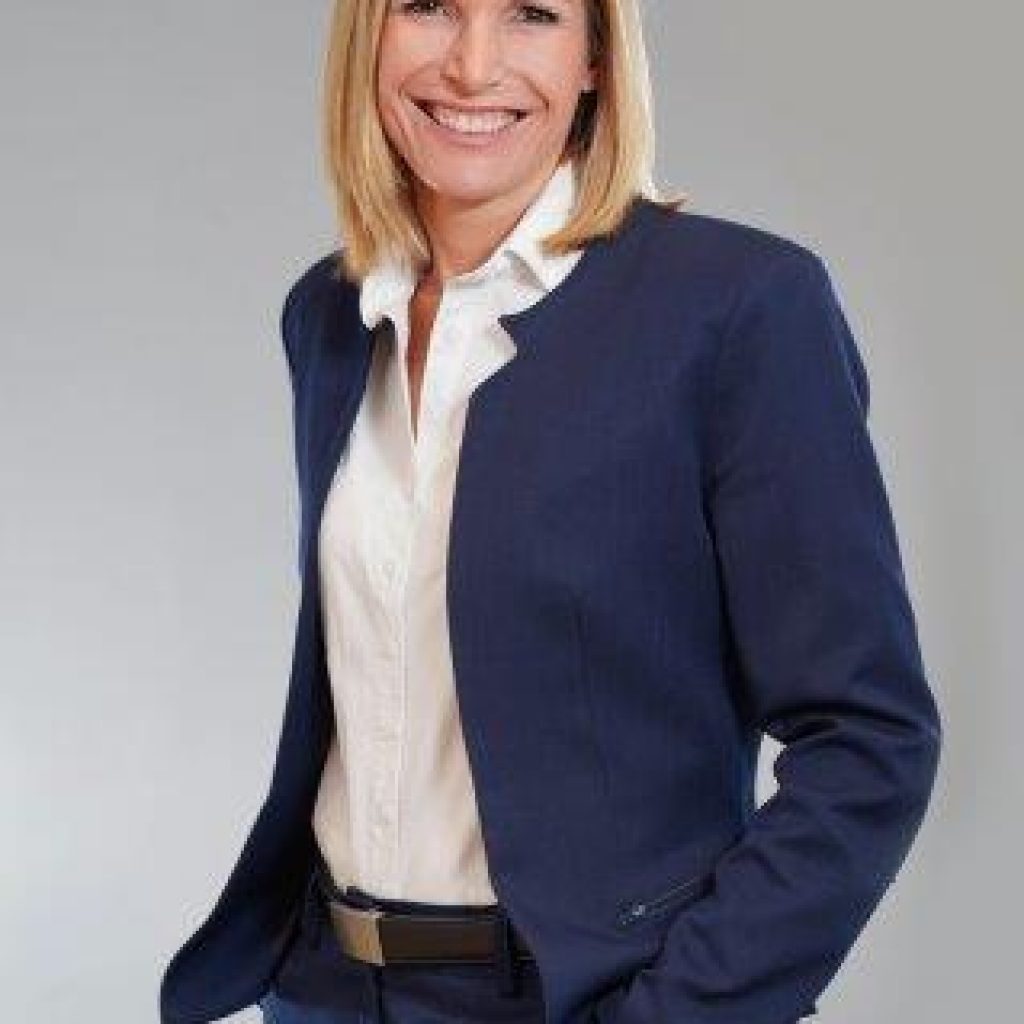
National vaccination roll out accelerates demand for hybrid working model
The trend in the real estate market has shifted from a focus on business continuity to a focus on defining new workspace models and even reinventing the traditional official environment. While some industrial sectors were rendered obsolete due to being closed down for long periods, others have changed direction and been completely reinvented. These winds of change are also being felt in the property sector.
“At the outset of the pandemic, it was simply survival of the fittest. However, the national vaccination rollout has now seen companies scramble to put workplace strategies in place to get their employees safely back into the office,” says Natasha Bruwer, Managing Director: Occupier Services at Cushman & Wakefield I BROLL. “We are certainly seeing this trend gain momentum from a global perspective, but the timing of such a return to the office in a South African context will largely be dictated by the progress of the vaccine programme itself.”

With many companies not having returned to the office since March 2020, employees are now experiencing what has been termed ‘work from home fatigue’. “It is starting to have a negative impact on the morale of employees who previously fully embraced working from home, but who are now suffering from low morale and other psychological side-effects. This is especially prevalent in the younger generation, who thrive on collaboration, creativity, growth and mentorship.”
While the uptake of workers returning to the office is likely to remain low initially due to the protracted vaccine rollout, the way of working and even the office itself are likely to change forever in a post Covid-19 world. While larger corporates in particular need to have a certain percentage of their employees vaccinated before the bulk of their workforce is allowed to return to the office, another factor to take into account is that a successful rollout that sees the majority of the population vaccinated is critical to kickstarting the lacklustre economy.
“It is clear that the vaccine is key to a period of much-needed economic stability, as the series of lockdowns created hesitancy in businesses to invest in and plan for future growth. As more and more people are vaccinated, this will ultimately become the norm,” says Bruwer. Another anticipated outcome is that more major corporates will make vaccines mandatory for their staff, as Discovery Health recently announced.
“We are likely to see more corporates stand up and announce that they are pro-science and pro-vaccination. A lot of these businesses have already set up vaccination sites that are open to the public in order to increase general accessibility to the vaccine, which will assist in accelerating the national rollout,” says Mantsi Moiloa, Director: Strategy and Consulting at Cushman & Wakefield I BROLL. “This collaboration between the public and private sectors is probably one of the most important corporate citizenry initiatives in South Africa to date.”

In terms of the work model likely to be adopted going forward, many companies are looking to a hybrid model as being ideal to balance their employees’ best interests. This affords employers flexibility in allowing their workers to determine their optimal work environment for maximum productivity and efficiency.
“The idea here is that the office will become a destination for collaboration and culture and all of the other elements that are unavailable in a work at home scenario. However, this poses a challenge to corporates as how to make a seamless transition between the virtual and physical. Here we are seeing workspace planning and technology being leveraged to enhance such a transition to the ‘new normal’. A lot of businesses are looking into how this will play out in future and are already planning for that.”
Due to its international affiliation, Cushman & Wakefield I BROLL has been able to observe these trends gain momentum globally and prepare the way for their introduction in a local context. “We are seeing more workers return to the office, while at the same time the retail sector is bouncing back as well. This is creating a lot of positive sentiment in the property market and confidence in its future,” says Bruwer.
“We have been very privileged to leverage off our international affiliation, as it has given us the opportunity to learn from international experience and contextualise that for our unique situation,” says Moiloa. “This gives us comfort in the sense that we are not just shooting in the dark, as for the most part we are seeing the same sort of trends here that have manifested elsewhere in the world.”
In terms of technology, the initial spike in the demand for bandwidth due to the lockdowns was a constraint, but the positive side-effect has been that service providers and telecommunications companies have stepped up to the plate. Here trends are focusing on how to manage people remotely in terms of output-driven management requirements. Big data and data analytics are playing an increasingly important role in measuring productivity and enabling remote tracking to allow visibility from a management reporting level.
Moiloa points out that while the hybrid model is certainly not new, with many companies already having adopted it to some extent prior to the pandemic, the appetite has increased and it has become more structurally formalised as a result. “It has also forced us to take stock of our perception of what management is and should do, and how we foster meaningful relationships with colleagues and staff in order to add value to their work performance.”

In this regard, Cushman & Wakefield I BROLL has played a key role in supporting and reconnecting with its existing client base. “We have had really meaningful discussions around what constitutes corporate real estate, for example. My view is that it is any space where you are working. This means that corporates have to understand that their corporate real estate extends into the home as well, especially as this is an integral part of the hybrid model. It is no longer just about the rental of office space and its amenities like a canteen, but now it is also about how well-equipped the people at various levels of your organisation are to be able to work effectively from home.”
The pandemic has provided a golden opportunity for businesses to recalibrate the way they work and look to the future to implement meaningful and long-lasting change. “This is an ongoing process, but we have embarked on the first tentative steps towards such a catalyst for change,” says Moiloa. For Bruwer, a key enabler in this journey continues to be the exponential uptake and refinement of technology.
For example, the real estate market is now even adopting blockchain as a transaction platform for buying and selling property, while companies are also mobilising around software-as-a-service (Saas) solutions. “The expectation now is that you cannot hope to streamline your business processes without adopting the latest technology. It has been very interesting to see how technology remains top of mind in ensuring that operations become faster, more accurate and obviously with a lower price point,” concludes Bruwer.
More news
- PART 2: CONCRETE IN THE DESIGN OF A UNIQUE LUXURY HOME IN GEORGE, SOUTH AFRICA
- PART 1: CONCRETE IN THE DESIGN OF A UNIQUE LUXURY HOME IN GEORGE, SOUTH AFRICA
- MVULE GARDENS, AFRICA’S LARGEST 3D-PRINTED AFFORDABLE HOUSING PROJECT
- PART 3: HARNESSING THE POTENTIAL OF HIGH SULPHUR FLY ASH IN CONCRETE PRODUCTION
- PART 2: HARNESSING THE POTENTIAL OF HIGH SULPHUR FLY ASH IN CONCRETE PRODUCTION


